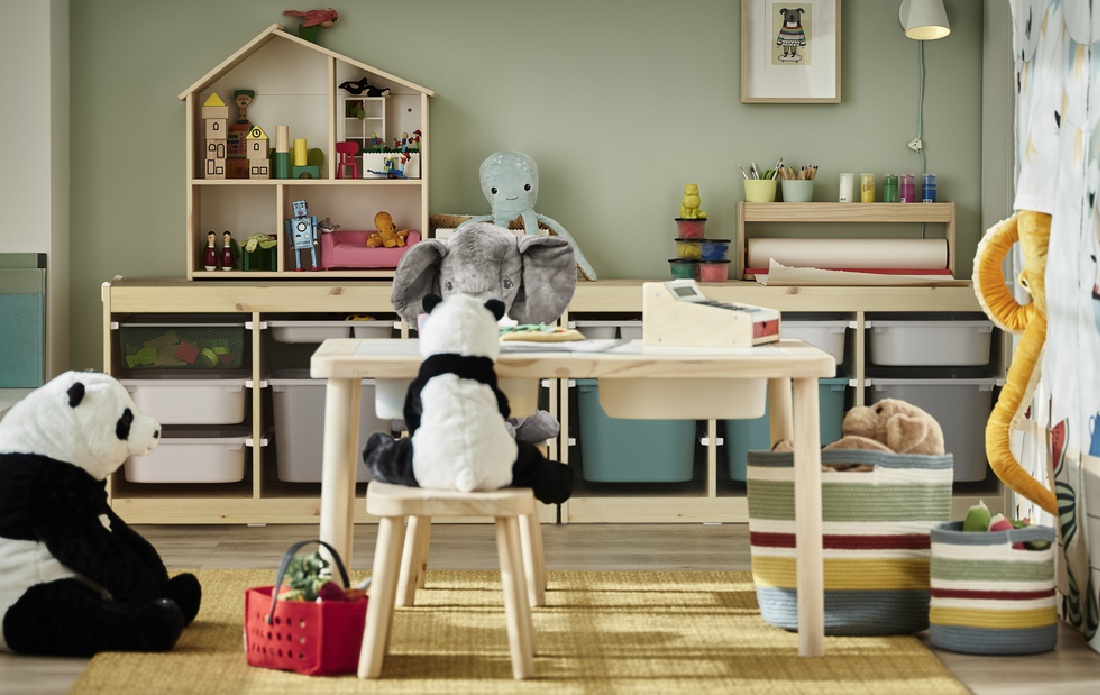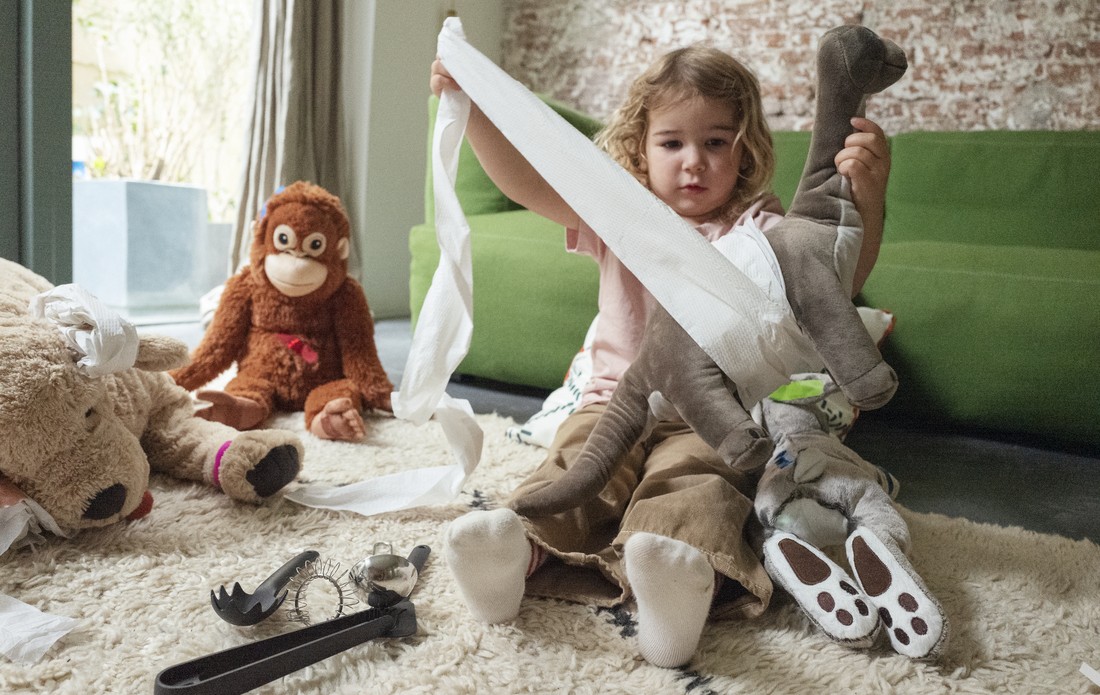Dolls are often seen as simple toys that accompany children's playtime. However, behind their cute and soft appearance, dolls serve a much deeper purpose.
They can be loyal companions, educational tools, and even a medium for expressing emotions that are difficult to verbalize. For both children and adults, dolls help create a safe and imaginative space.
If you're a parent, educator, or someone designing a child’s inspiring room, this article will serve as a valuable guide to better understand the important role dolls play in daily life.
Why are dolls important in a child's world?
Dolls are not just shelf fillers in a toy cabinet. In the world of children, dolls hold deeper meaning and serve as both a medium of expression and playmate.
Read also: 5 Recommended Educational Toys for 2 Year Old Children
Dolls in the world of education
Playing with dolls is an activity rich in developmental value. Children don't just play with dolls for fun, they use them to explore and understand the world through the roleplays they create.
Dolls encourage children to express their thoughts and voices through their own stories.
When a child plays with their doll, they might imagine being a doctor, a parent, or even a creature from a magical world. This enhances their imagination and creativity.
Common types of dolls used
In child psychology, playing with dolls has many positive effects on emotional and social development. Both girls and boys benefit from doll play. It nurtures communication skills, empathy, and emotional bonding.
Their favorite doll can offer a sense of safety. Through roleplay, children learn to care, communicate, and interact with an imaginative world that shapes their character.
How dolls support psychological development
In education, dolls serve as effective visual aids. They don’t just make learning more enjoyable, they also improve children's understanding. Curious to learn more? Read on!
Dolls as emotional coaches and companions
Teachers and educators often use dolls in their lessons to present ideas in an engaging way. Dolls act as mini teachers, helping children understand storylines, moral values, and even recognize emotions and cultural differences. The soft material also makes them safe for young children to play with.
Therapeutic functions of doll play
When children play and engage with dolls, they activate various cognitive aspects, from voice, hand movement, to how they build their stories. This indirectly trains their motor skills, builds social abilities, and sparks curiosity.
Dolls as educational and play-based learning tools
Dolls are also highly effective tools for introducing basic educational concepts in a fun and interactive way. Here’s a closer look.
Dolls for introducing concepts and stories
In storytelling sessions, dolls help children visualize characters from folktales or picture books.
Children absorb stories more easily when there is direct visual support. This activity also enhances their comprehension and fuels their imagination.
Dolls in STEM learning for kids
Some educational dolls come with interactive features that help children learn basic science and logic.
STEM-based dolls, for example, can demonstrate simple experiments or introduce measurement tools, making science learning an enjoyable part of playtime.
IKEA and ideas for educational play spaces
IKEA offers a wide variety of toys that are not only adorable but also highly effective as learning tools.
Dolls from IKEA make meaningful gifts to support learning both at home and in school.
Kids room decoration ideas with dolls as aesthetic elements


